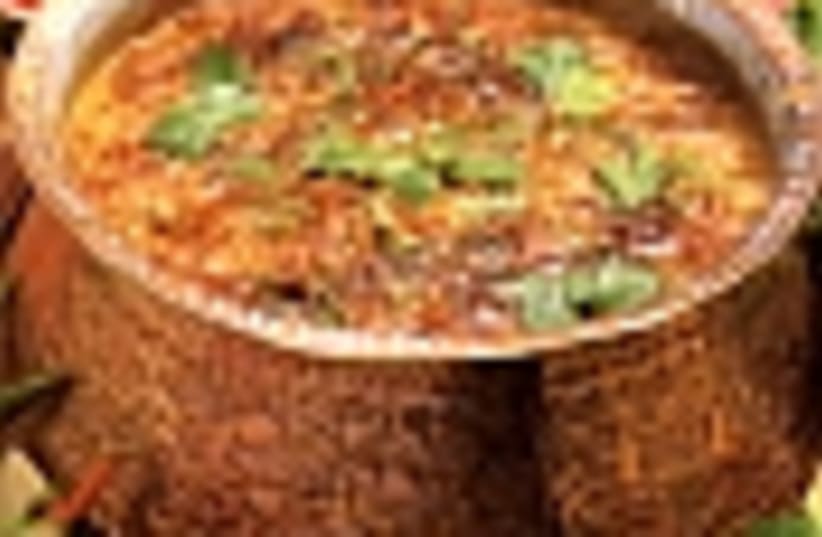| More about: | Eid ul-Fitr, Muhammad Ali of Egypt, Shavei Shomron, Ramallah |
A happy Id al-Fitr in Sebastia
"May every Id be like this one," declared Manal as she dished out large spoonfuls of maklubeh.


| More about: | Eid ul-Fitr, Muhammad Ali of Egypt, Shavei Shomron, Ramallah |